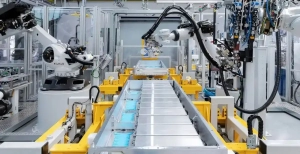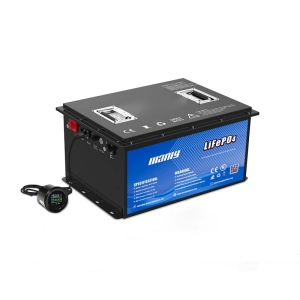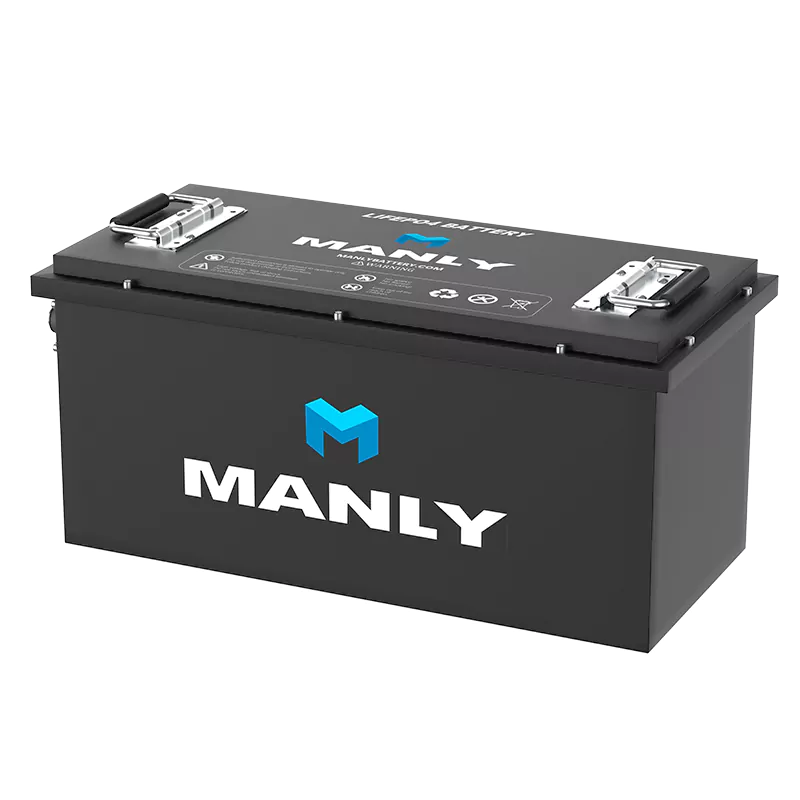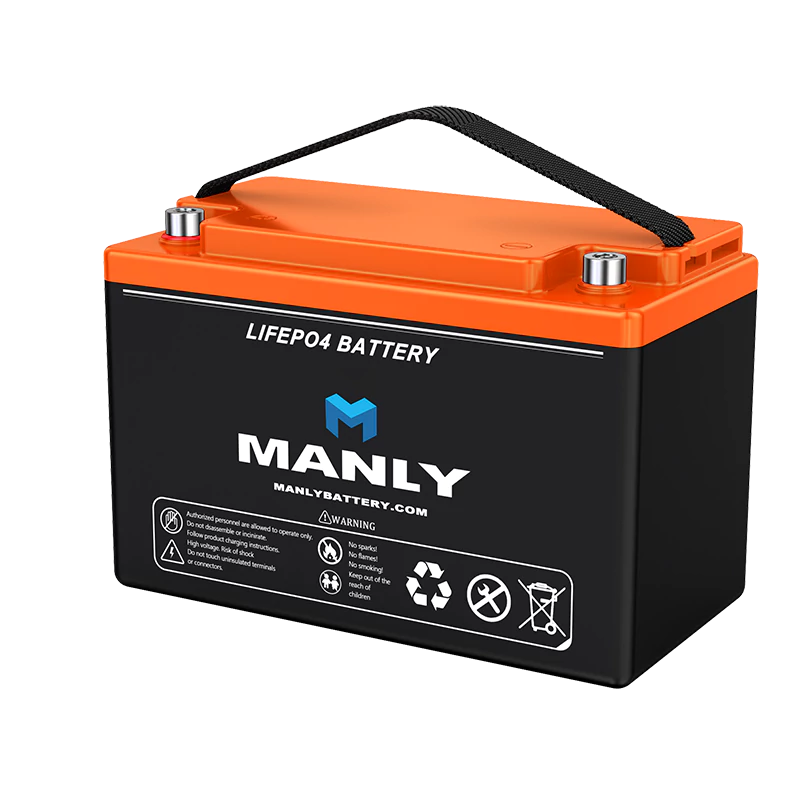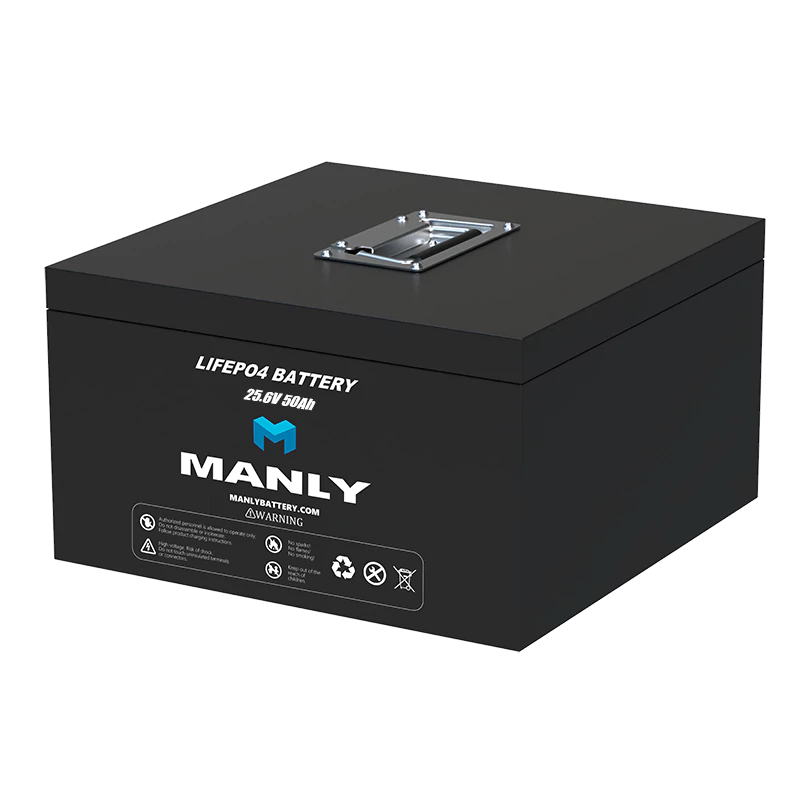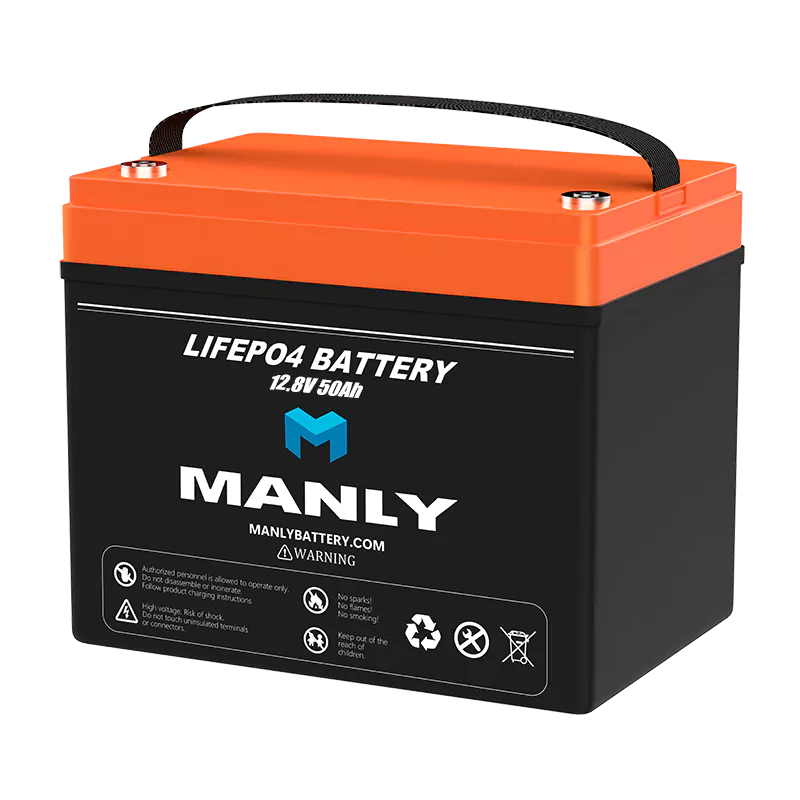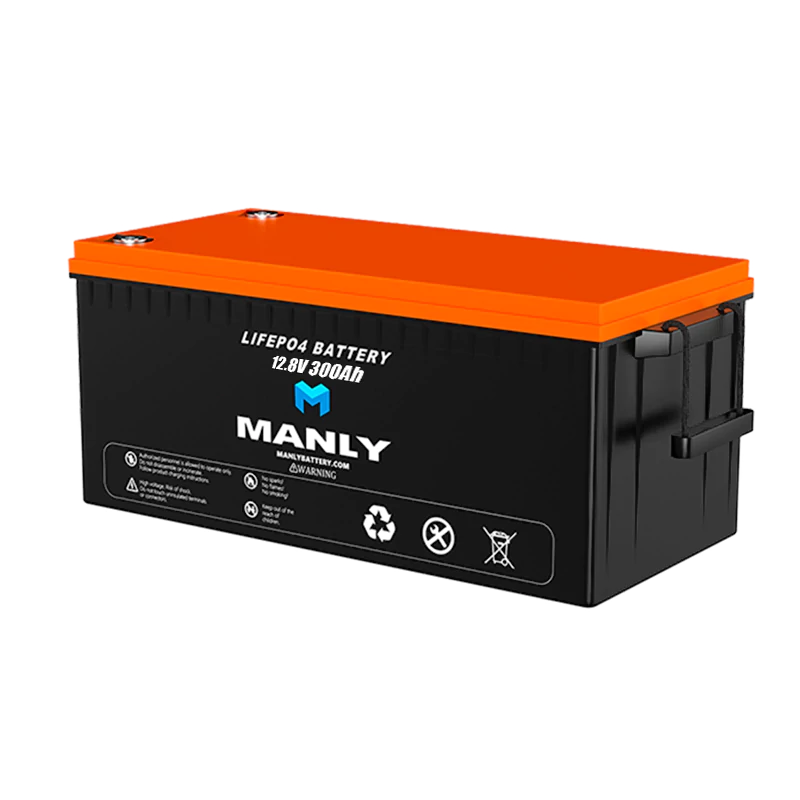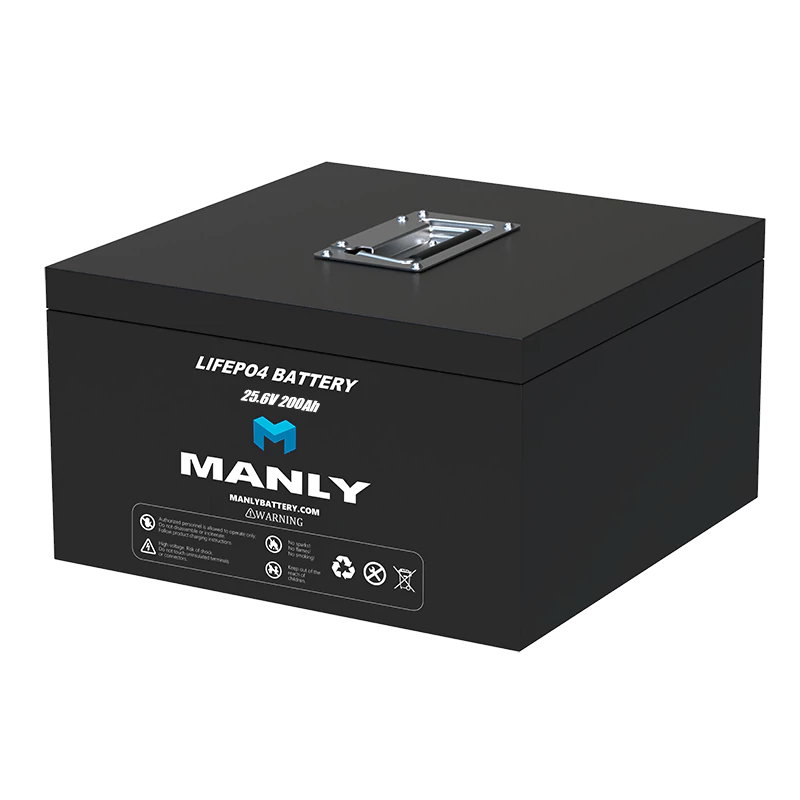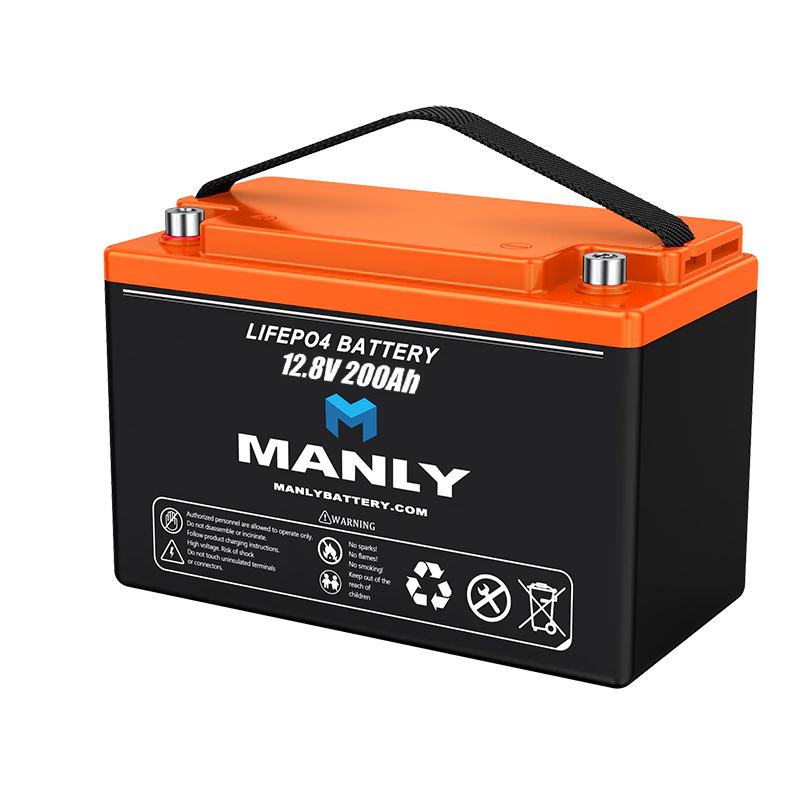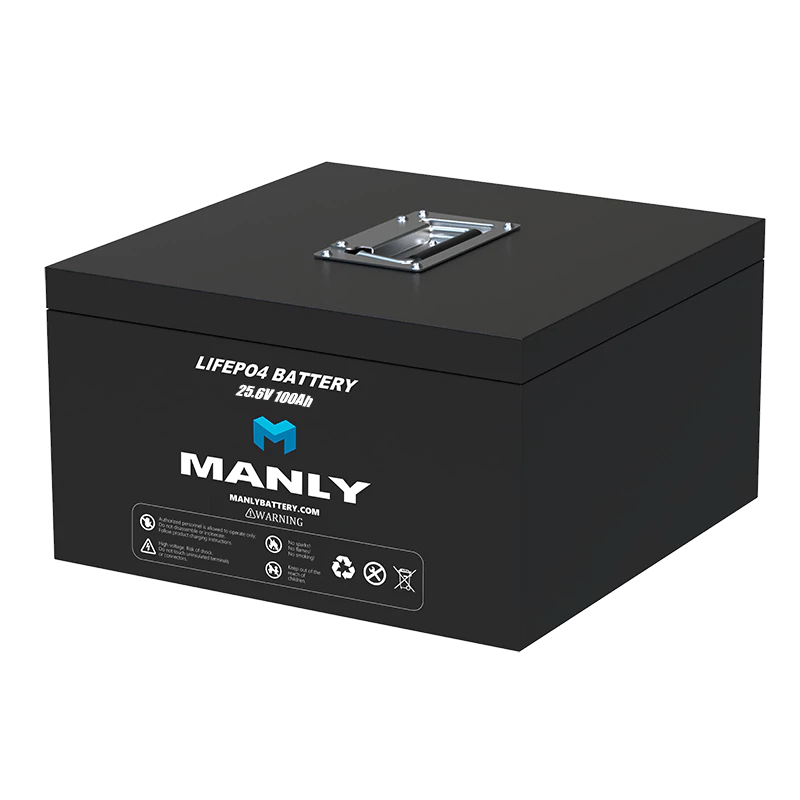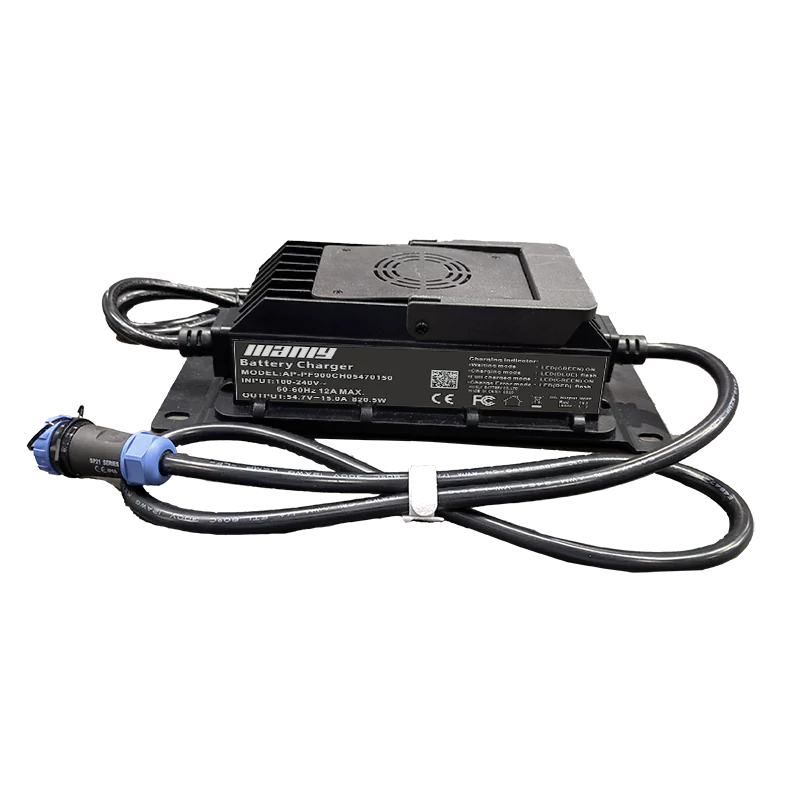Manufacturers vs. Distributors vs. Wholesalers: A Complete Guide in 2024
Table of Contents
- Manufacturers vs. Distributors vs. Wholesalers: A Complete Guide in 2024
- Overview of Manufacturers, Distributors, and Wholesalers
- Wholesalers vs. Manufacturers: How Do They Differ?
- What is the Difference: Manufacturer vs. Distributor?
- Factors to Consider When Choosing a Supply Partner for Your Online Business
- The Rise of Direct-to-Consumer (D2C): Why Manufacturers Are Bypassing Distributors and Wholesalers
- Conclusion
- Learn More About Battery
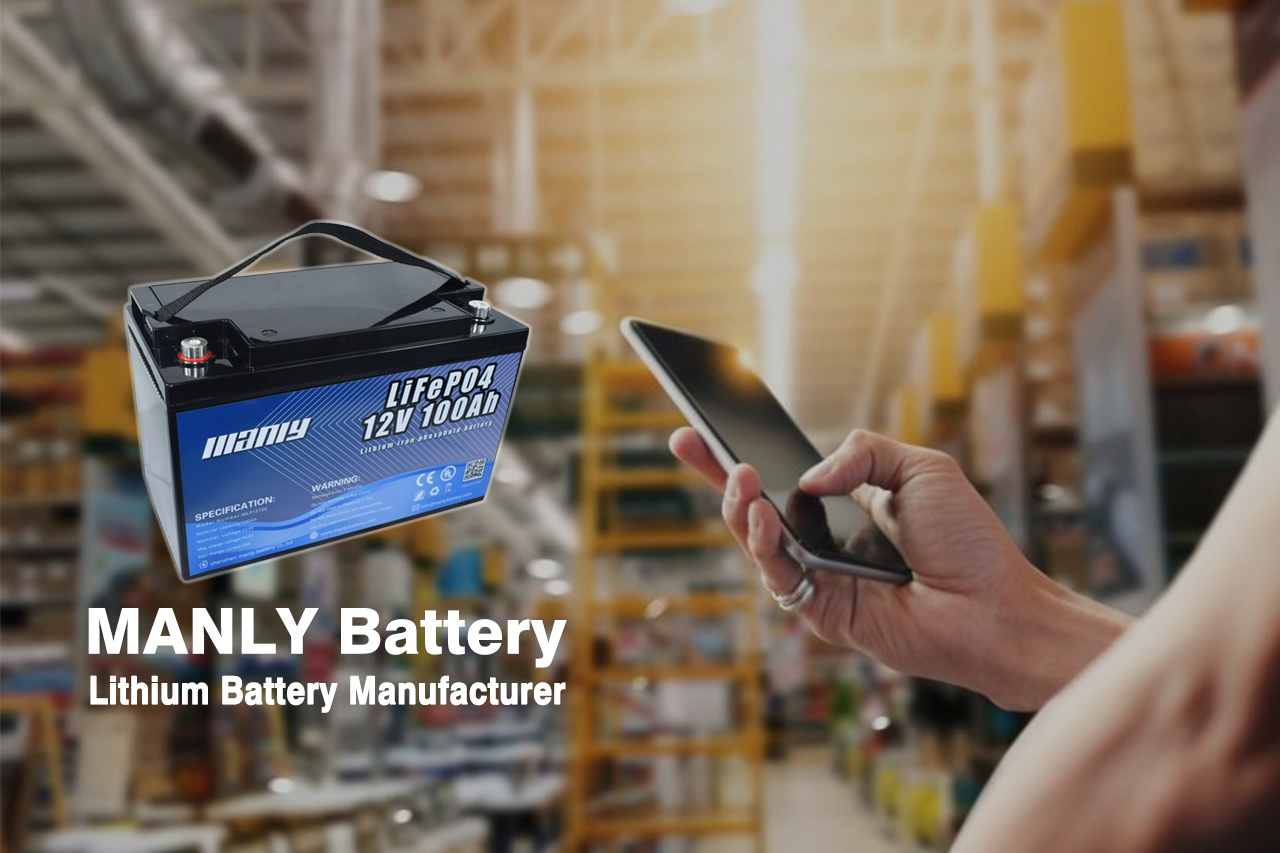
Overview of Manufacturers, Distributors, and Wholesalers
Manufacturers, distributors, and wholesalers are the key components of the supply chain, each playing a distinct role in getting products from creation to the final consumer. Understanding the differences between these roles is essential for businesses looking to optimize their supply chain processes.What is a Manufacturer?
A manufacturer is a company that creates products from raw materials, turning them into finished goods ready for the market. Manufacturers are responsible for the design, development, and assembly of their products. They have full control over the product's quality, features, and overall specifications before selling them to distributors, wholesalers, or directly to consumers.There are different manufacturing methods, including:- Make-to-Stock (MTS): This method involves producing goods based on forecasted demand and storing them for future sales. It's commonly used in industries that require high volumes of products, like electronics or toys.
- Make-to-Order (MTO): Manufacturers only produce goods once a customer places an order, minimizing the risk of overproduction and allowing for customization.
- Assemble-to-Order (ATO): Manufacturers produce parts and only assemble the final product once a customer order is placed.
What is a Distributor?
A distributor acts as an intermediary between the manufacturer and retailers or end customers. They purchase products in bulk from manufacturers and are responsible for distributing these products to various retailers or directly to consumers. Distributors often maintain relationships with multiple manufacturers and help to expand the reach of the products.Key responsibilities of a distributor include:- Inventory management: Distributors manage large inventories of products and ensure timely restocking of goods.
- Sales and marketing: Distributors often handle the marketing and promotion of the products they sell.
- Logistics: Distributors take care of delivering the products to their customers, whether that is retailers or other businesses.
What is a Wholesaler?
A wholesaler typically purchases products in large quantities from either manufacturers or distributors and sells them to retailers or other businesses. Wholesalers operate on a larger scale and focus on bulk purchasing to offer competitive prices. They often specialize in specific markets or industries, providing a deep understanding of the products they sell.Wholesalers’ main functions include:- Bulk purchasing: Wholesalers buy large quantities of products, often at lower prices, allowing them to resell at competitive rates.
- Specialization: Many wholesalers focus on specific industries, offering in-depth knowledge and support to retailers.
- Additional services: Wholesalers may offer services such as financing, marketing, and customer support to their retail partners.
MANLY Battery: A Prime Example of a Successful Manufacturer
MANLY Battery exemplifies the role of a manufacturer in the global supply chain. As a leading lithium battery manufacturer, MANLY Battery is responsible for designing and producing a wide range of high-performance batteries for applications such as solar energy storage, golf carts, and industrial machinery. With their state-of-the-art manufacturing facilities, MANLY Battery maintains strict quality control and offers customized solutions to meet the unique needs of their clients.By focusing on innovation and efficiency, MANLY Battery ensures that their products meet international standards and provide reliable energy solutions across various industries. Their ability to offer tailored products and direct sales through the D2C (Direct-to-Consumer) model helps them build stronger relationships with customers, bypassing traditional distributors and wholesalers. This approach enables MANLY Battery to deliver both cost-effective and high-quality products to their clients globally.Wholesalers vs. Manufacturers: How Do They Differ?
Wholesalers and manufacturers are both essential components in the supply chain, but they serve very different roles. Understanding these differences can help businesses make better decisions about where and how to source their products.A manufacturer is responsible for creating products from raw materials and components. They are at the beginning of the supply chain and control the entire production process, from design to final assembly. Manufacturers sell their products in bulk to distributors or wholesalers, who then sell the products to retailers or directly to consumers.A wholesaler, on the other hand, purchases products in large quantities from manufacturers or distributors and resells them to retailers or businesses. Wholesalers do not create the products they sell. Instead, they focus on buying in bulk and reselling at a markup. They act as a bridge between manufacturers and smaller retailers or businesses that cannot afford to buy directly from manufacturers in large quantities.In some cases, a business may perform both functions, acting as both a wholesaler and a manufacturer.Is It Possible for a Wholesaler to Also Be a Manufacturer?
Yes, it is possible for a wholesaler to also be a manufacturer. In this case, the company not only produces goods but also handles their distribution and wholesale processes. By combining manufacturing and wholesaling, businesses can exert greater control over their supply chain, reduce costs, and offer more competitive pricing to customers.For example, a company like MANLY Battery, known for producing lithium batteries, could also act as a wholesaler by selling their products directly to retailers or even other businesses. This dual role allows them to bypass intermediaries, giving them more control over pricing, quality, and distribution. By doing so, MANLY Battery is able to offer customized products at lower prices while ensuring that the batteries reach retailers more quickly and efficiently.Wholesalers who also act as manufacturers enjoy several benefits:- Cost Savings: By eliminating the need for intermediaries like separate wholesalers or distributors, these companies can reduce costs and pass savings on to their customers.
- Quality Control: When a company handles both production and wholesale, they have direct control over the quality of the products they sell, ensuring a higher standard for consumers.
- Customization: Manufacturers who also wholesale can offer specialized, customizable products that meet the specific needs of their customers.
- Increased Profits: By owning the entire supply chain from production to sales, these companies can increase their profit margins.
What is the Difference: Manufacturer vs. Distributor?
Manufacturers and distributors play different roles in the supply chain, each crucial to the process of delivering products to consumers. Understanding their functions helps businesses decide who to work with based on their specific needs.A manufacturer is responsible for the production of goods. They use raw materials and components to create finished products, which are then sold to distributors, wholesalers, or directly to consumers. Manufacturers often sell in bulk and are focused on the design, quality, and cost-efficiency of their products.A distributor, on the other hand, acts as an intermediary between the manufacturer and the retailer or end consumer. They purchase products in large quantities from manufacturers and then resell them to other businesses. Distributors typically handle the logistics of getting products from the factory to retail outlets and may also provide marketing support, warehousing, and customer service.For example, if you're looking to buy batteries directly from manufacturers, you might approach the manufacturer for bulk purchases. If you want a broader range of products from different brands, you would work with a battery distributor who can source and supply a variety of battery manufacturers' products. Distributors and wholesalers have different roles, but both ensure that the products reach the market efficiently.Factors to Consider When Choosing a Supply Partner for Your Online Business
Selecting the right supply partner is a critical decision for any online business. Whether you are working with a manufacturer, distributor, or wholesaler, there are several key factors to consider that will impact the success of your business.- Role in the Supply Chain: Understanding the distributor and wholesaler difference is important. Distributors typically offer a variety of products from different manufacturers and provide logistical support. Wholesalers often focus on bulk purchasing and may have limited product offerings. Your business needs will determine whether you work with a wholesale manufacturer, distributor, or both.
- Cost and Pricing: Pricing is one of the most important factors to consider when choosing a supply partner. Manufacturers usually offer lower prices when you buy directly from them in bulk, while distributors might charge higher prices due to added services like warehousing and logistics. When considering pricing, make sure to balance the cost with the added value a distributor might provide, such as faster delivery times or wider product availability.
- Business Model Compatibility: Your business model will heavily influence your decision. For B2B businesses, working directly with manufacturers or distributors might be more efficient, while B2C companies may find it easier to work with wholesalers who can handle smaller orders and offer a wider range of products.
- Expertise in the Market: It's essential to partner with companies that have expertise in your industry. For example, if your business deals with batteries, partnering with a battery supplier who understands the intricacies of the industry can help ensure product quality and reliability. A supplier with expertise in a specific market can provide better customer support and tailored solutions.
- Quality and Reliability: The quality of the products you sell is crucial to maintaining customer satisfaction. Before entering into a partnership, thoroughly vet the supplier's reputation for product quality and reliability. Look for famous distributors or reputable companies with a proven track record.
- Location and Logistics: The location of your supplier or partner can affect shipping costs and delivery times. Manufacturers or distributors closer to your business or your customers can provide faster deliveries. However, if a supplier offers better deals from a distance, consider the logistics costs and whether they offer reliable shipping solutions.
- Supply Chain Scalability: Your supply partner should be able to grow with your business. If you plan to expand your operations, it’s important to work with a manufacturer or distributor that can scale production and logistics accordingly. This ensures that your supply chain will remain stable as your business grows.
- Product Range and Availability: Ensure that your supplier has the product range and availability to meet your business needs. If you sell a variety of products, partnering with suppliers and wholesalers that offer a wide selection can simplify your supply chain. A wholesale manufacturer that provides a diverse range of products can be more efficient than dealing with multiple smaller suppliers.
- Shipping and Delivery Reliability: Timely and consistent delivery is vital for any business. Make sure that your supply partner has a reliable track record for meeting delivery deadlines. Delayed shipments can result in lost sales and dissatisfied customers, so it’s important to choose partners with reliable logistics and shipping practices.
- Customer Service: Strong customer service is another important factor to consider. Your supplier should be easy to reach, responsive to inquiries, and helpful in resolving any issues. Look for partners with a reputation for excellent customer service, as this can help you resolve any supply chain problems quickly and efficiently.
The Rise of Direct-to-Consumer (D2C): Why Manufacturers Are Bypassing Distributors and Wholesalers
The Rise of Direct-to-Consumer (D2C): Why Manufacturers Are Bypassing Distributors and Wholesalers
In recent years, the Direct-to-Consumer (D2C) business model has become increasingly popular. This approach allows manufacturers to bypass traditional intermediaries, such as distributors and wholesalers, and sell directly to consumers. With the growth of e-commerce and changes in consumer expectations, manufacturers are realizing the benefits of adopting a D2C model. Let’s explore why this shift is happening and what it means for the future of retail.Why Manufacturers are Moving Toward D2C
- Greater Control Over Sales and Brand Experience: One of the main reasons manufacturers are adopting the D2C model is the increased control it offers over the customer journey. By selling directly to consumers, manufacturers have full control over how their brand is presented, marketed, and experienced. This allows them to create a more personalized shopping experience and maintain a stronger connection with their customers.For instance, companies can control the design of their websites, the messaging they use in marketing campaigns, and even the way their products are packaged and shipped. By owning the entire process, manufacturers can ensure that their brand is represented exactly how they want it to be.
- Improved Profit Margins: Another significant advantage of the D2C model is the ability to improve profit margins. When manufacturers sell through distributors and wholesalers, they often have to reduce their prices to allow room for markup. By eliminating these middlemen, manufacturers can retain more of the revenue from each sale.This is especially beneficial for manufacturers with high-demand products, as they can sell directly at a competitive price while still increasing their profitability. The D2C approach allows manufacturers to offer competitive pricing without sacrificing their bottom line.
- Better Customer Data and Insights: One of the biggest advantages of selling directly to consumers is access to customer data. When manufacturers rely on distributors and retailers, they lose the opportunity to gather detailed insights into customer behavior and preferences. In a D2C model, manufacturers can collect valuable data from every interaction, including purchase history, browsing behavior, and feedback.This data allows manufacturers to better understand their customers, tailor their offerings, and make informed decisions about product development and marketing strategies. With access to this information, manufacturers can be more agile in responding to market trends and customer needs.
- Agility and Flexibility: The D2C model also provides manufacturers with more agility and flexibility in their operations. Without the need to coordinate with multiple intermediaries, manufacturers can quickly launch new products, adjust pricing, or implement promotions. This speed is critical in today’s fast-paced market, where consumer preferences can shift rapidly.Additionally, manufacturers can test new products or limited editions directly with their consumers, gathering real-time feedback and making adjustments as needed. This flexibility helps manufacturers stay ahead of competitors who rely on longer, more complex distribution chains.
The Impact of D2C on the Supply Chain
The rise of the D2C model is changing the way products are brought to market. By bypassing traditional distributors and wholesalers, manufacturers are creating more streamlined supply chains that reduce costs and improve efficiency.- Reduced Dependence on Intermediaries Traditional supply chains often involve multiple layers of intermediaries, each adding time and cost to the process. In a D2C model, manufacturers eliminate these intermediaries, simplifying the supply chain and reducing associated costs. This direct route allows manufacturers to manage inventory more effectively and reduce lead times.
- Enhanced Customer Experience When manufacturers sell directly to consumers, they have more control over the end-to-end customer experience. This can lead to faster delivery times, better customer support, and more seamless returns processes. As a result, the overall customer experience is improved, leading to higher customer satisfaction and loyalty.
- Cost Savings for Consumers By cutting out the middlemen, manufacturers can pass cost savings on to their customers. Products sold through the D2C model often come at a lower price compared to those sold through traditional retail channels. This benefits both manufacturers and consumers, as manufacturers can maintain profitability while offering competitive pricing.

